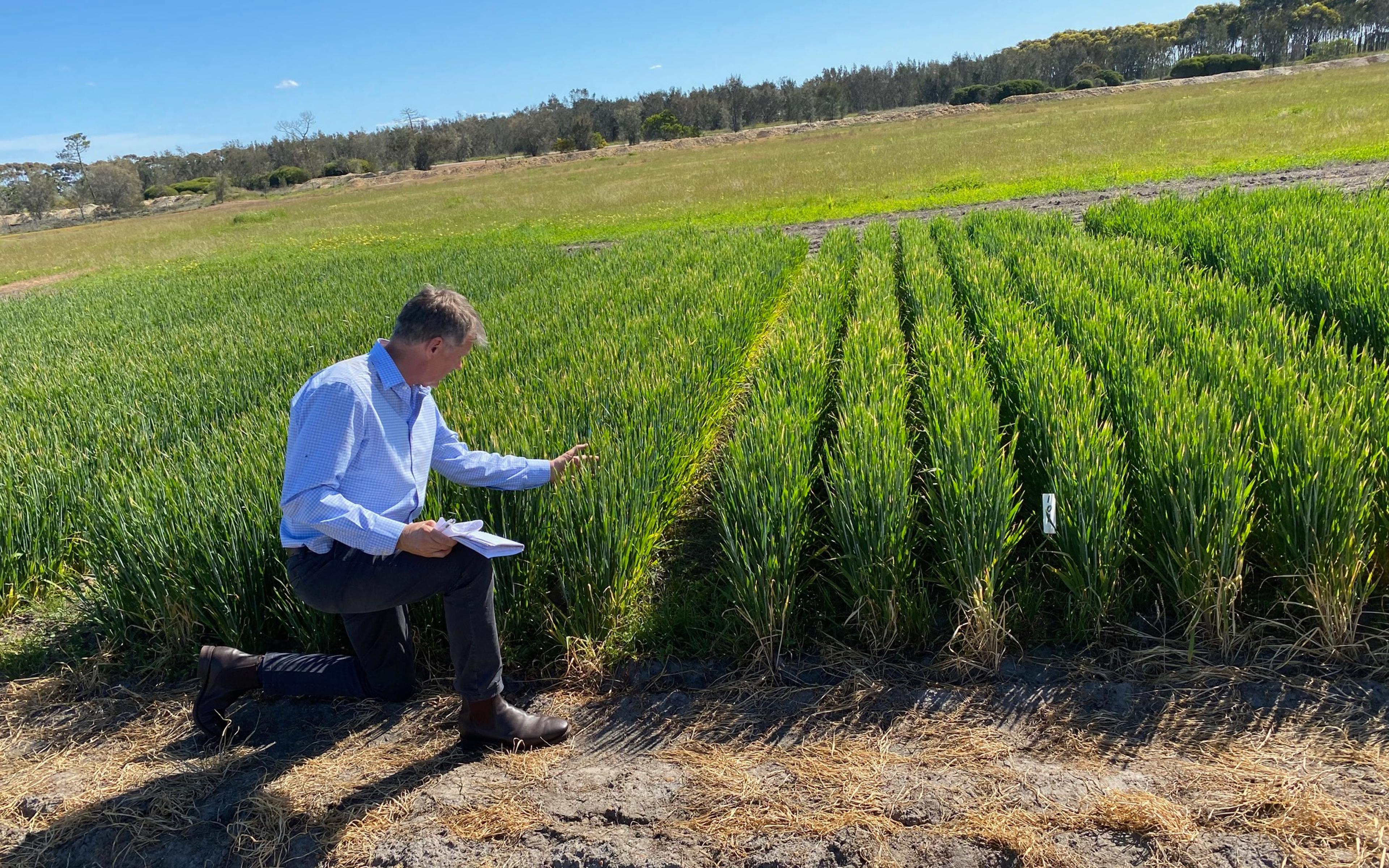Abstract
Agriculture faces the critical task of reducing its environmental impact while simultaneously increasing food production. This necessitates maximising the potential of each plot and crop in a manner that is both environmentally responsible and economically viable, while also distinguishing itself. Agrisilica® is arguably as significant to food production and fertiliser protocols as was the advent of commercial Urea over 100 years ago. Our world-class asset can supply the world’s NPK fertiliser producers and farmers for the next 200 years at 10 million tonnes per annum supply. Our facilities and global trials across 16 countries has seen an investment of more than $220M to-date.”
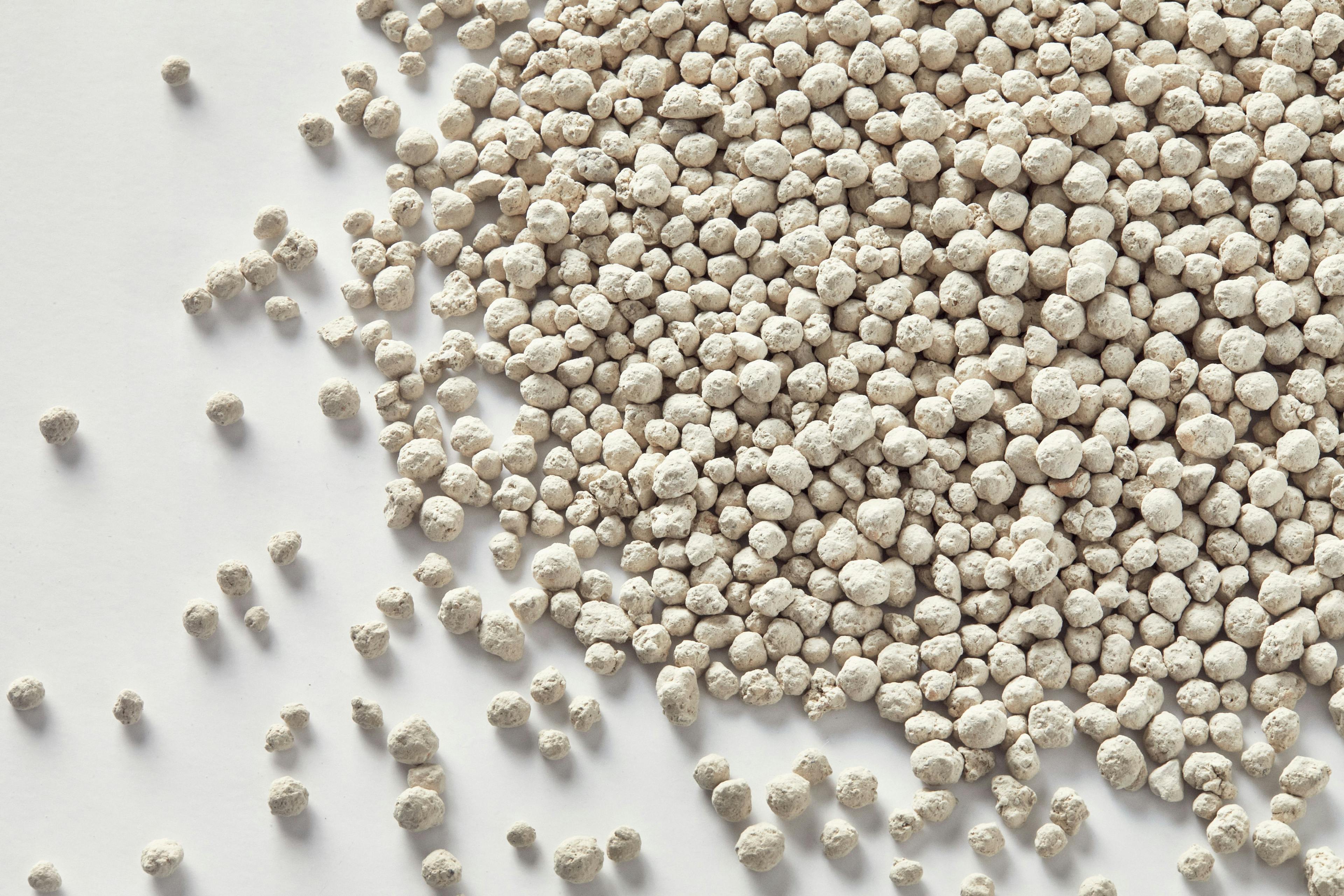
When co-blended with NPK/DAP fertilisers, these Agrisilica® co-blended fertilisers yield quantifiable economic improvements and benefits. Agrisilica® offers fertiliser producers a unique opportunity to be a “differentiator” within a fiercely competitive market, enabling them to be “price setters and not price takers”. This case study explores Agripower's engagement in India and its achievements so far.
Introduction
Agripower owns and controls 86 percent of the world’s amorphous silicon in a single mine located in Queensland Australia. From this resource Agripower produces Agrisilica® a powerfully differentiated range of fertilisers with a track record of significantly increasing crop yields and crop quality. Silicon (Si) is second only to oxygen as the earth’s most abundant element. However, in order to be taken up by plants, silicon must be in soluble form (monosilicic acid or orthosilicic acid Si(OH)4) which in agriculture is known as Plant Available Silicon (PAS). PAS in nature is often not available in sufficient quantities for crops, due to leaching, being bound to other soil minerals, or loss caused by soil erosion. Agripower’s Agrisilica® contains a uniquely high amount of PAS. One of nature’s key building blocks, plants need silicon for growth, strength, and reproduction. Agripower’s Agrisilica® delivers PAS in dry or liquid fertiliser options, revitalising, and conditioning soils, and improving plant biology actions, which stimulate growth and protect plants. It is the world’s leading producer of natural silicon fertilisers and the only commercial producer capable of delivering PAS-rich biofertiliser globally in bulk.
The availability for the first time in agricultural history of bulk global supply of a natural silicon fertiliser 3x more powerful than its synthetic predecessors, and which carries a suite of climate-smart and environmentally friendly USPs is set to disrupt the world’s US$200+billion per annum fertiliser sector.
“Agrisilica® is arguably as significant to food production and fertiliser protocols as was the advent of commercial Urea over 100 years ago. Our world-class asset can supply the world’s NPK fertiliser producers and farmers for the next 200 years at 10 million tonnes per annum supply. Our facilities and global trials across 16 countries has seen an investment of more than $220M to-date.”
“Agripower, borrowing from the ‘Intel Inside’ business model, is adopting the same strategy via ‘product’ and ‘brand’ differentiation. Co-blended fertilisers ‘Powered by Agrisilica®’ will become the fertilisers of choice for farmers (based on crop outcomes and ROI’s).”
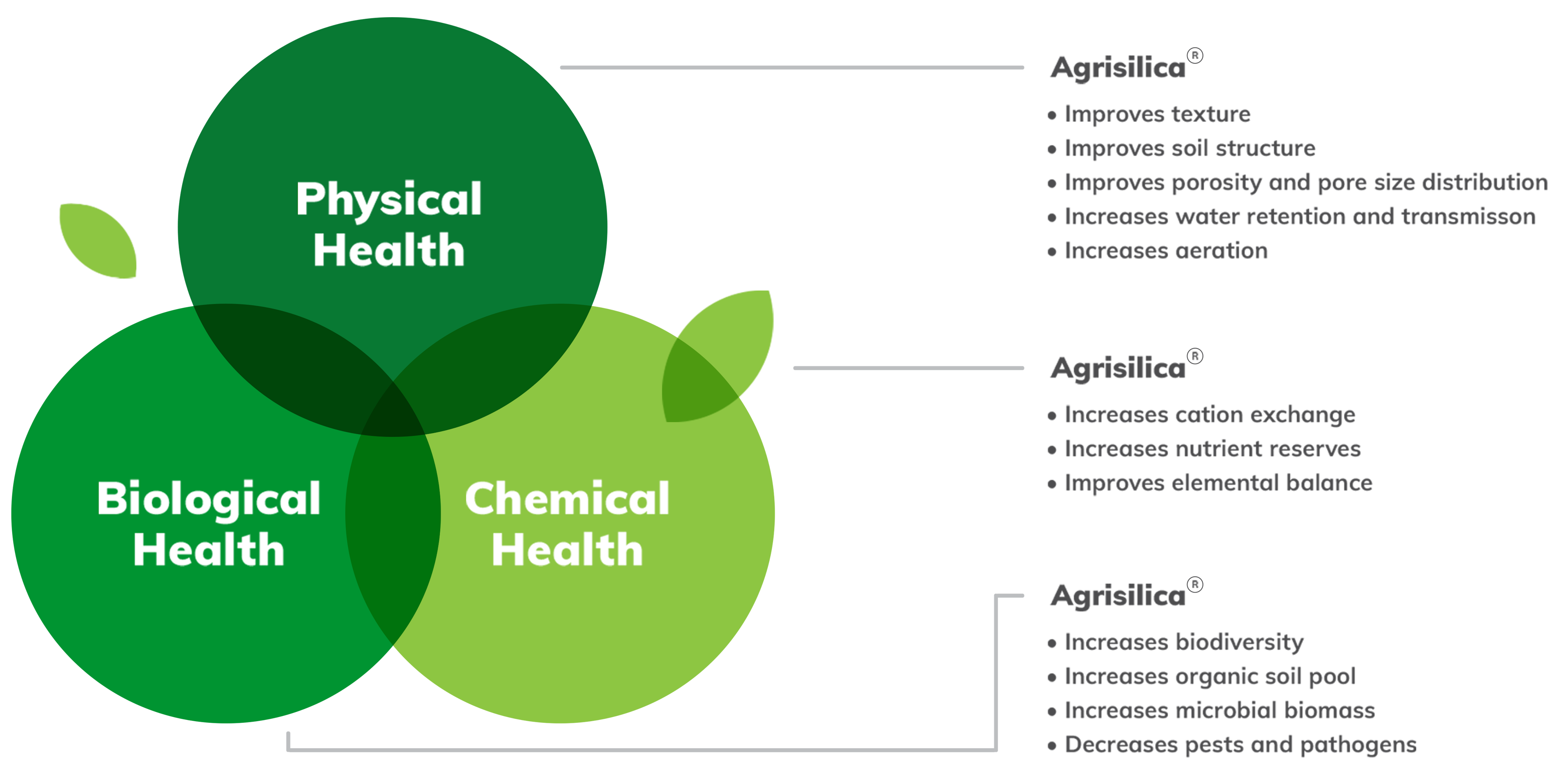
India Strategy
“Agripower’s management was concerned on how to enter India. Agripower has progressed through different areas and channels in India. The Australian Government and State Government offices offered assistance, including consulting firms like the Newland Global Group. Agripower has also engaged with leading agricultural universities, accounting offices, legal offices who have helped over many years.”
Agripower Australia, through its subsidiary Agripower Fertilisers India Pvt. Ltd., have been operating in India since 2013, proving conclusively (through extensive agricultural universities trial program) the benefits of Agrisilica fertilisers to farmers and the environment.
With over 200 independent trials demonstrating the yield benefits in 20 crops grown in India, in 2019, Agripower India gained their Fertiliser Control Order (FCO) registration enabling silicon fertiliser to be sold commercially in India. Agripower believes that the proven efficacy of its fertilisers not only have significant benefits to the Indian farmer by repositioning economics per acre (through improved crop yields, reduced NPK and Urea fertiliser and water use, improved profitability and improved soil health), but also can positively impact annual budgets for the Indian Government. Importantly, the efficacy of applied chemical fertilisers has been continuously declining since 1970. It now takes five times more fertiliser to grow the same amount of grain.
One of the key ways the Indian government aims to do this is through the promotion of natural farming –
- Natural Farming (Reduced NPK and Urea Fertiliser) – Agrisilica® Silicon Fertiliser is 100 percent natural and certified for use in organic agriculture. It is a unique mineral that when applied with NPK or organic fertilisers improves nutrient use efficiency. The result being, improved crop yields with less chemical fertiliser used (for example Karnataka State has recently accepted a revised Package of Practice for potato which now recommends 150 kg/ha Agrisilica® with 50 percent NPK fertiliser). The added benefit of reduced NPK fertiliser use is saving in fertiliser subsidies paid. A 20 percent reduction in fertiliser subsides paid will result in an annual saving of US$3 billion.
- Natural Farming (Reduced pesticide use) – Agrisilica® has been proven to reduce the incidence of pest and disease, meaning reduced need for pesticides. By applying Agrisilica® with the farmers standard fertiliser practice, the crop is stronger and more able to tolerate insect and disease attack. A published trial by the ICAR-National Institute of Biotic Stress showed use of Agrisilica® resulted in a significant reduction in stem borer in wheat. Similarly, a University of Horticultural Sciences Bagalkot trial on Banana’s showed a significant reduction in sigatoka and white fly infestation
- Natural Farming (Reduced water use) – Agrisilica® has been proven to improve resilience to water deficit (drought) meaning that farmers can increase yields using less water. Trials at the University of Agricultural Sciences Bengaluru has proven that rice can be grown with less water. Similarly, Western Sydney University, Australia showed yields can be maintained using 50 percent of applied water
- Natural Farming (Reduced Greenhouse Gas Emissions) – Silicon has been proven to significantly reduce Nitrous Oxide and Methane production in cropping systems. By replacing some 20 percent of the urea applied, significant reductions in nitrous oxide emissions will occur. Similarly applying Agrisilica® to rice has the potential to reduce methane emissions
“Our pan India trials have been highly successful, and we are now presenting the results to major fertiliser producers and distributors in India, with an interest in capturing major market share in India. We are currently distributing Agrisilica® through large established fertiliser distributors in India who have introduced Agrisilica® as a new product line to diversify their product portfolio. Agripower is currently exploring more offtake opportunities from Indian companies and a possible joint venture with a domestic production facility/fertiliser company for manufacturing in India”. – Bruce Cairns, Head of Agronomy, Agripower Australia
“NPK fertiliser subsidies in India are to be phased out over five years from 2020 providing significant opportunity for Agrisilica® increasing farmer crop yields and farmer economics while assisting the Indian Government’s triple bottom line.” – Peter Prentice, Managing Director, Agripower Australia
Agrisilica® has the potential to revolutionise Indian agriculture and generate significant value-added benefits. Agrisilica’s® proven ability to increase crop uptake of NPK nutrients by 20 to 30 percent means farmer usage of NPK annually is reduced. The farmer is getting increased yields, increased crop quality and reduced crop losses to abiotic and biotic stressors. Farmers are in a win-win situation: reduced overheads, increased revenue.

What this means to the Government is not only an increase in GDP but a significant annual budgetary saving through the reduction of NPK fertiliser subsidies. The 2022-23 Indian Government Fertiliser Subsidy Budget amounts to US$13.9 billion, including a Urea subsidy of US$8.4 billion, and an NPK subsidy of US$5.5 billion. Agrisilica® has the potential to contribute significantly to reducing these subsidy costs:
- A 20 percent reduction of on-farm UREA applications will save the government approx. US$1.7 billion in subsidies paid
- A 20 percent reduction of on-farm NPK applications will save the government approx. US$1.1 billion in subsidies paid
- No subsidy is payable on Agrisilica®
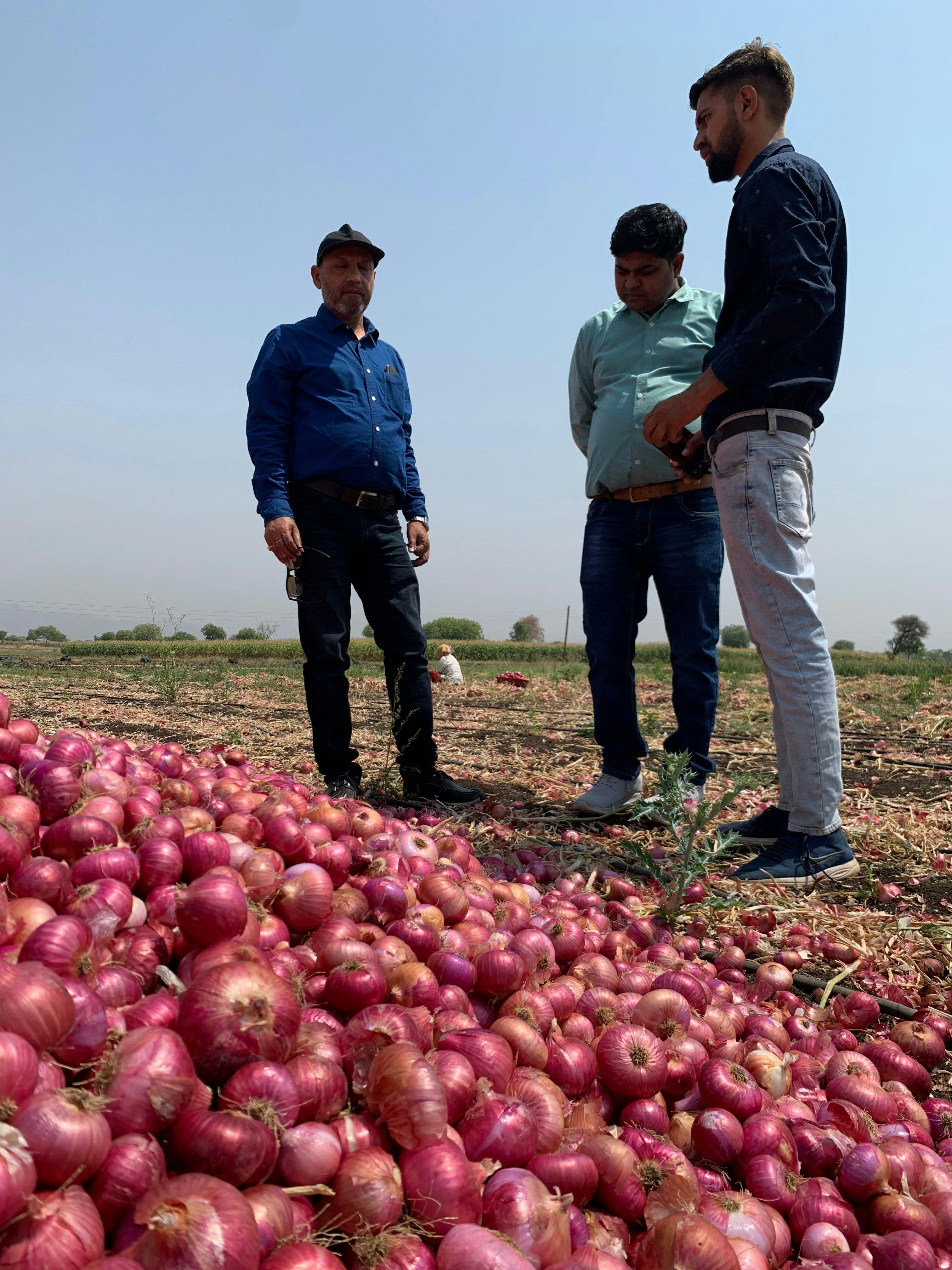
Seeing The Future
“Agripower has spent considerable time researching potential markets for Agrisilica® where it could (a) immediately provide benefits, economic, from the farmers side of the ledger and (b) where it could make a difference to a national GDP outcome. India was a country that stood out.”
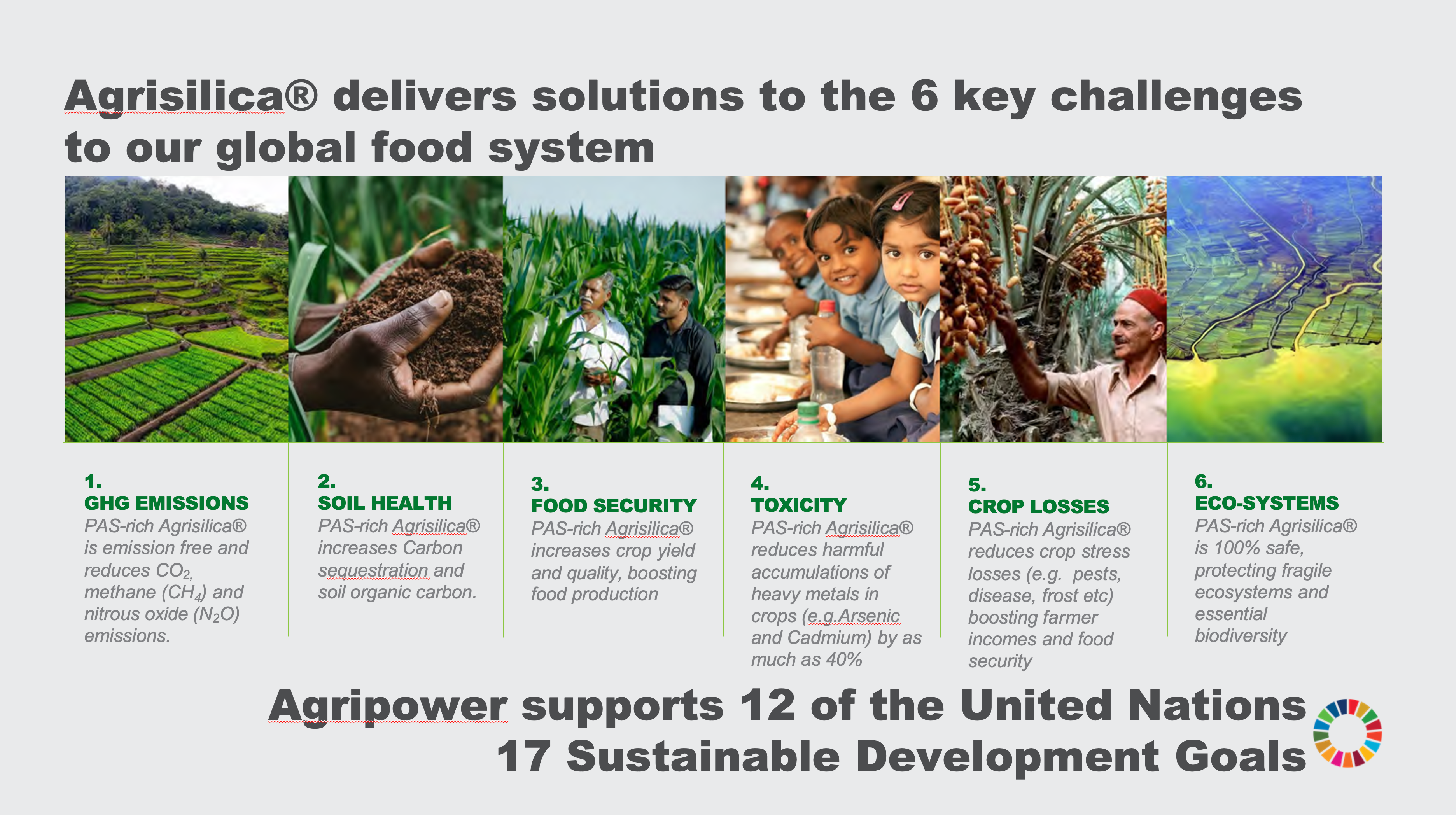
As the global population is expected to reach 10 billion by 2050, food security has become a concern for governments worldwide and is very much a focus of the United Nations Sustainable Development Goals (SDGs) and the World Bank.
Necessitating higher yields and enhanced sustainability is the key goal of agriculture globally. Agrisilica® - able to boost yields by up to 120 percent – is making impressive contributions to the sustainable intensification of agriculture.
“Several MOU’s have now been signed between Agripower and fertiliser producers and distributors as they recognise the enormous potential within the India agriculture.
Agripower has established dedicated teams in several States in India to develop opportunities to work together. This has created a strong bond between Agripower and Indian fertiliser producers and distributors.”
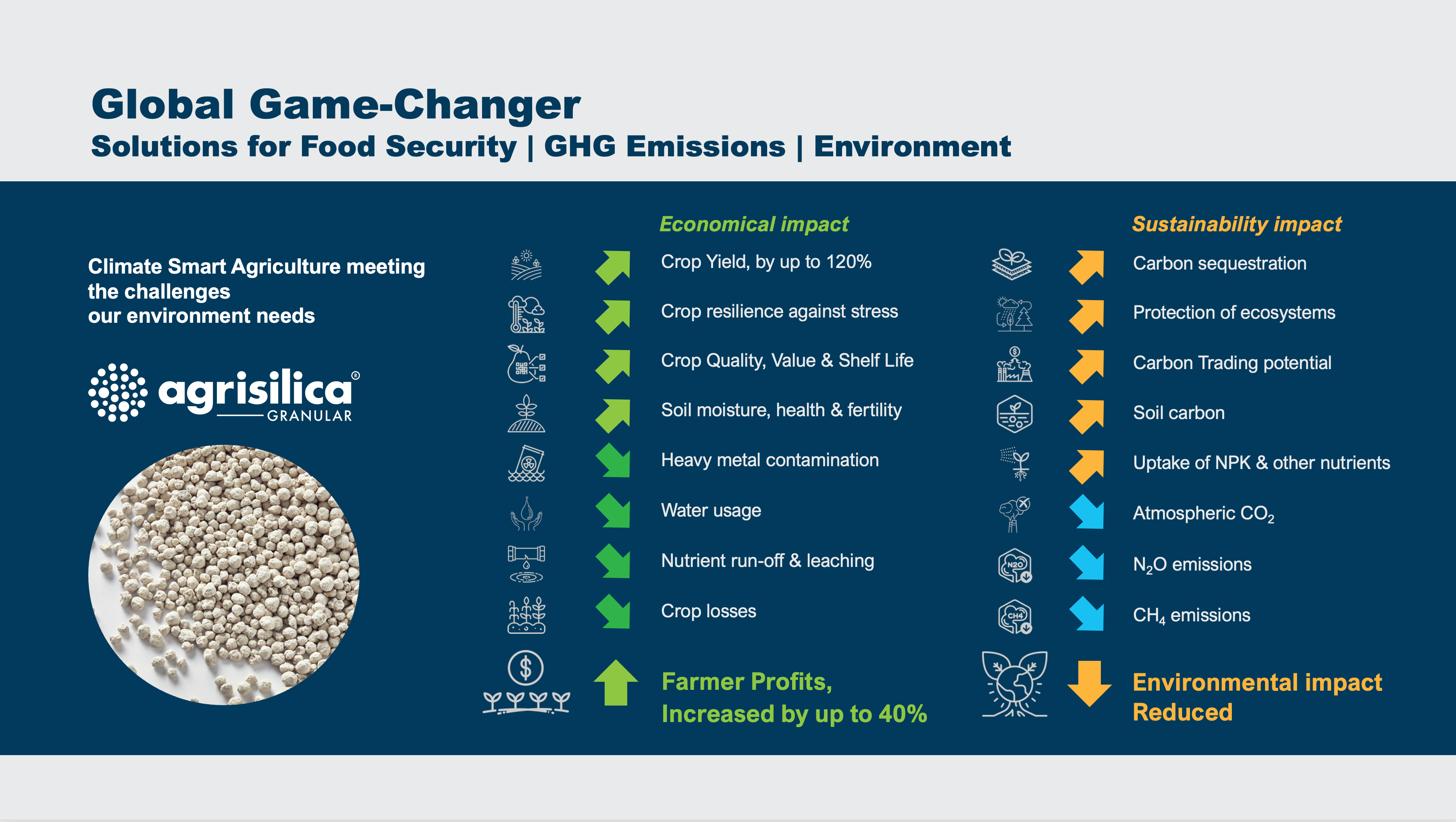
Planning Ahead
India's vast population has a critical need for abundant, nutritious food produced through environmentally sustainable agriculture. Recognising this, Agripower identified an opportunity to provide substantial advantages to the Indian agricultural sector. This includes the potential for significant improvements in crop yields, crop quality, and nutritional content through its product Agrisilica®.
Key takeaways for companies looking to enter the Indian fertiliser sector –
- Familiarise yourself with India's complex regulatory framework governing fertilisers, including product registration, quality standards, and subsidy policies. Stay updated on changes in regulations and government policies, which can impact market dynamics
- Consider forming strategic partnerships or joint ventures with established Indian companies. This can provide local market knowledge, distribution networks, and regulatory expertise
- Collaborate with Indian agricultural research institutions and universities for product development and testing
- Tailor your fertiliser products to meet the specific needs of Indian crops, soil types, and climate conditions. India has diverse agriculture, and one-size-fits-all solutions may not work
- Emphasise the benefits of your products in terms of yield improvement, cost reduction, and environmental sustainability
- Ensure your products meet Indian quality standards and obtain necessary certifications from relevant authorities. Establish robust quality control processes to maintain product consistency and
- Build a strong distribution and supply chain network to reach farmers across the country. India's agricultural landscape is vast and diverse. Consider working with local dealers and retailers who have knowledge of regional markets
- Showcase your commitment to environmental sustainability and the reduction of greenhouse gas emissions. India is increasingly focused on sustainable agriculture practices. Offer products that enhance soil health, reduce nutrient runoff, and improve water use efficiency
- Invest in farmer education programs and awareness campaigns to demonstrate the benefits of your products. Engage in knowledge sharing and training sessions to help farmers maximize the effectiveness of your fertilisers
- Ensure strict compliance with all local laws and regulations (agriculture is a state subject, hence each state is responsible for bringing its own reforms), uphold ethical business practices and corporate social responsibility initiatives to build trust with local communities
- Be patient and maintain a long-term perspective. Continuously assess market conditions and adjust your strategies accordingly.
